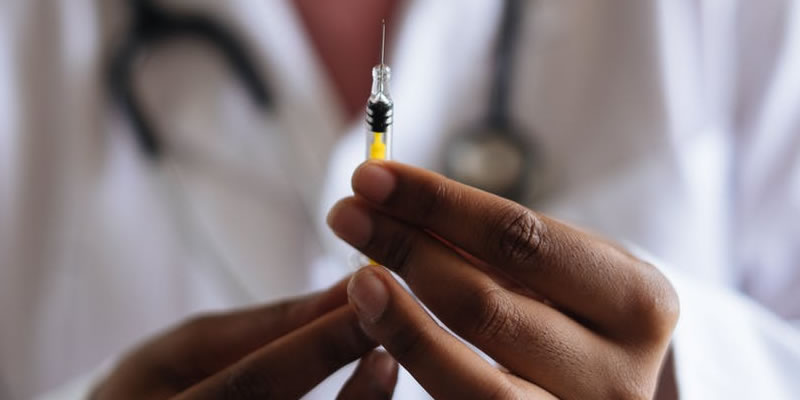A cutting-edge scan approach has found a link between COVID-19 and lung damage three months after recovering from the condition, researchers have said.
A trial, involving 10 people aged between 19 and 69 and a pioneering scanning technique, was carried out to determine whether the condition impacts the lungs after the person has recovered.
Three months after being ill with coronavirus, eight out of the 10 participants were still experiencing shortness of breath and fatigue even though none of them had been admitted to intensive care. In addition, conventional scans had found no issues on their lungs.
So, teams from Oxford University and University of Sheffield decided to use hyperpolarised xenon gas with MRI scanning to identify the impact on lung function, becoming the first in Europe to try this method.
The new approach did work and indeed did unveil problems in those who were still experiencing symptoms. It works by highlighting the areas where air was not flowing easily into the blood, indicating the damage. A larger trial to further investigate the findings is now being planned.
- How do I know if I have a cold, the flu or coronavirus?
- Hospital waiting lists skyrocket due to coronavirus impact
Lead researcher Professor Fergus Gleeson, Consultant Radiologist at Oxford University Hospitals NHS Foundation Trust and the University of Oxford’s Head of Academic Radiology, said: “We may be getting an insight into why some patients have symptoms long after they have left hospital, and when other tests are normal.
“This may help us identify patients that may potentially benefit from treatment even after discharge, for example with steroids or other therapies.”
Professor Jim Wild, Head of Imaging and NIHR Research Professor of Magnetic Resonance Physics at the University of Sheffield, said: “Hyperpolarised xenon MRI offers a unique means of imaging impairment to oxygen uptake in the lungs caused by Covid-19 infection and its after effects.
- Controlling blood sugar levels could improve COVID-19 health outcomes
- COVID-19 death rates ‘four times higher’ among those with diabetes and hyperglycemia
“In other fibrotic lung diseases we have shown the methods to be very sensitive to this impairment and we hope the work can help understand COVID-19 lung disease.”
The findings could explain why some people continue to experience extreme tiredness and shortness of breath months after getting better from COVID-19.
The trial was funded by the National Consortium of Intelligent Medical Imaging (NCIMI).
Dr Claire Bloomfield, Chief Executive Officer of NCIMI said: “ t’s critical that we understand more about the long-term impact of COVID-19 , to ensure patients can get the best possible help with their care.
“NCIMI is delighted to be able to support this intelligent medical imaging research, calling on expertise from our partners and support from Innovate UK to deliver insights to improve care.”








